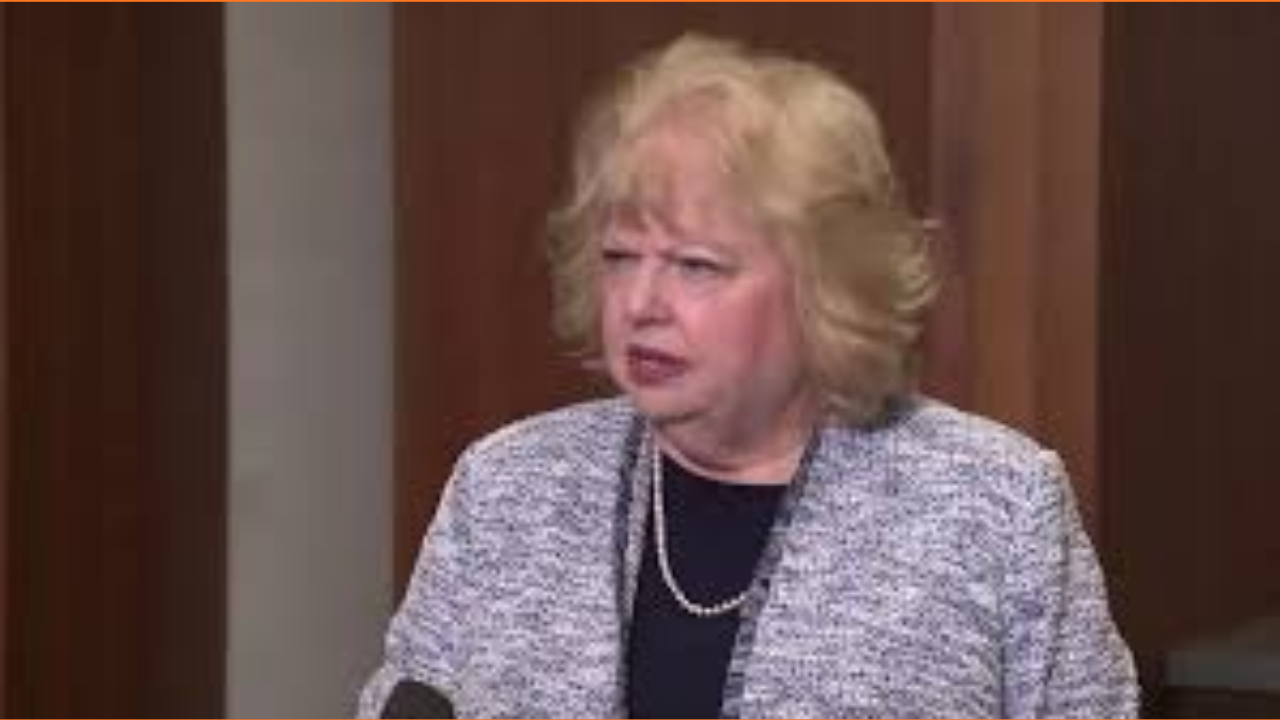The Income Tax Department has rolled out TAXASSIST, a new initiative designed to help taxpayers with questions about deductions claimed for political donations under Section 80GGC of the Income Tax Act, 1961. This move comes amid growing concerns about the misuse of this provision.
Thank you for reading this post, don't forget to subscribe!Understanding Section 80GGC
Section 80GGC allows individuals (but not businesses) to deduct contributions made to registered political parties or electoral trusts. The deduction covers 100% of the donated amount, capped at the taxpayer’s total income for the year. It’s crucial that these donations are made through banking channels (e.g., cheque, online transfer) and not in cash.
Why TAXASSIST?
The Income Tax Department has noticed a rise in fraudulent or incorrect claims under Section 80GGC. TAXASSIST aims to:
- Support taxpayers who have received notices regarding their political donation deductions.
- Guide individuals through the process of responding to income tax notices effectively.
- Foster transparency and compliance in political funding.
- Assist taxpayers in meeting their tax obligations and avoiding penalties.
How TAXASSIST Can Help
TAXASSIST offers assistance in various situations:
- Incorrect Claims: If a taxpayer mistakenly claimed a deduction (e.g., a business claiming it), TAXASSIST will guide them to revise their return or file an updated return (ITR-U) and settle any additional tax and interest.
- Fraudulent Donations: For fake or non-genuine political donations, TAXASSIST will prompt taxpayers to revise their ITR or file an ITR-U and pay the due taxes and interest to avoid legal action.
- Genuine Contributions: If the donation is legitimate, TAXASSIST advises taxpayers to keep valid donation receipts and bank transaction proofs readily available for verification.
What to Do if You Receive a Notice Under Section 158BC Regarding 80GGC Claims:
- Carefully review your Income Tax Return (ITR). Incorrect claims can lead to scrutiny or penalties.
- Submit Form ITR-B through the e-Proceeding tab on the Income Tax portal, as per departmental guidelines.
- For genuine claims: Don’t panic. Simply respond to the notice with valid donation receipts and be prepared to provide bank statements or transaction details if requested.
- For incorrect claims or lack of documentation: CA Ashish Niraj recommends promptly filing an Updated Return (ITR-U) under Section 139(8A), along with any additional tax payments.
- Important Note on ITR-U Availability: Currently, ITR-U filing is accessible only for Assessment Years (AY) 2023-24 and 2024-25. While Budget 2025 provisions suggest ITR-U for AY 2021-22 and AY 2022-23 should be enabled, this feature is not yet available on the portal. The Income Tax Portal indicates that this facility will be provided shortly.
- To withdraw incorrect claims: You can file an updated return under Section 139(8A) to retract the claim and pay the necessary taxes within seven days of receiving the notice.
- Consequences of Non-Compliance: Failing to provide supporting evidence or ignoring notices for incorrect claims can result in tax assessments, penalties (up to 200% of the tax sought to be evaded), or further legal action.
Enhanced Scrutiny by the Income Tax Department:
The department is intensifying its efforts to detect inconsistencies in tax filings by leveraging artificial intelligence and advanced data analytics. They are cross-referencing deduction claims with information from various financial institutions, including banks, mutual funds, and employers, utilizing tools like the Annual Information Statement (AIS) and the Statement of Financial Transactions (SFT).
For specific guidance on using TAXASSIST, taxpayers should refer to the Income Tax Department’s official website (incometax.gov.in) or contact their general helpdesk.

















